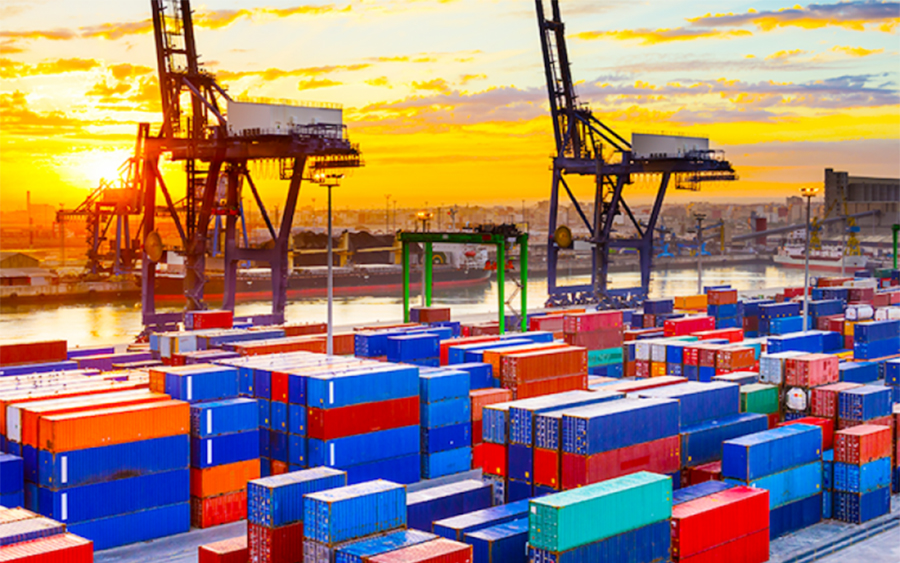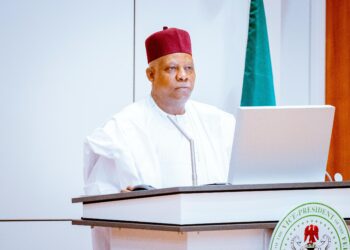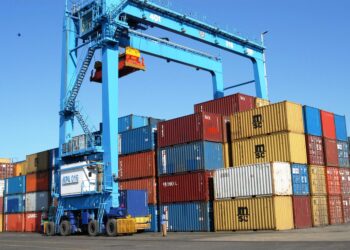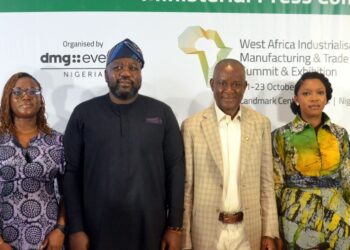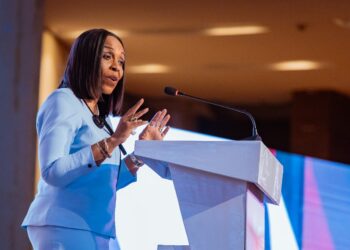PriceWaterCoopers Nigeria says that the Covid-19 pandemic could pose a risk to African Continental Free Trade Area (AfCFTA) agreement. It also said that African nations and relevant stakeholders could also turn the agreement into an opportunity for stronger collaboration if certain policies are pursued quickly.
PWC Nigeria disclosed this in its report titled: “COVID-19 and the African Continental Free Trade Area Agreement” released on Wednesday morning.
The report praised the FG’s visa policy where citizens of other African countries will now be issued visa upon arrival in Nigeria as against having to apply for Nigerian visa in their respective countries and said it’s a commendable step by the Nigerian Government in promoting trade within the African continent and ensuring the success of the CFTA agreement.
READ: AfCFTA delay: A bane to Africa’s $3.4 trillion economic bloc
On the implications of Covid-19 on the agreement
The report said that the border closure and travel bans placed by key and emerging African economies such as Nigeria, South African, Ghana, Algeria, Morocco, Kenya and Ethiopia has impacted trade in the continent, citing weakened demand for essential commodities such as pharmaceutical and agricultural products due to reduced exports.
It added that reduced demand for Africa’s raw materials and commodities in Asia, Europe and North America has also affected African access to manufactured goods which may lead to further geopolitical uncertainty.
“The pandemic has disrupted the regional value chain. The CFTA seeks to improve industrial development that can benefit continental sustainability especially in the agricultural sector,” the report stated.
READ: FG outlines steps to be taken by businesses to export to AfCFTA countries
Key considerations
The report said that “The coronavirus could pose a risk for the continental project, but leaders could also turn it into an opportunity for stronger collaboration if certain policies are pursued quickly.” The considerations include:
- Making the continent self-reliant in food security, education healthcare and logistical services to develop a framework and set realistic implementation plans to improve these key sectors irrespective of regional integration.
- Rather than close borders that can send a negative signal to the progress of the Agreement, governments can reduce human flows while keeping borders open to key goods and services required for national development and economic sustainability.
- It urged Nigeria to consider fiscal sustainability in terms of focusing efforts in key areas where the country has the biggest impact such as rails, ports in order to optimise the country’s resources through the implementation of public and private sector collaborative efforts.
- The report stressed Nigeria’s digital economic strategy – National Digital Economy Policy and Strategy must sustain economic interactions and development in the face of a pandemic, citing that countries like Egypt with similar strategies would “have an edge over countries in the market with weak or no digital framework.
- Going into the AfCFTA post-COVID-19 requires Nigeria as well as other African economies to build a digital economy to foster the production of higher quality goods and services at reduced costs.
- Africa needs to reduce dependence on non-African partners through the AfCFTA by removing tariff and non-tariff barriers as much as possible and intensifying the economic regionalisation processes.
- With the birth of AfCFTA, a strong commitment and joint action by the continent’s leaders would undoubtedly benefit the fight against the pandemic and its economic consequences for Africa post-COVID-19.
READ: FG seeking FDI to develop Special Economic Zones – Trade Minister
What you should know
- Nairametrics reported last week that the African Union is setting up a fund to find new ways of funding the construction of roads and railways and other utilities comes as Africa seeks to bring together 1.3 billion people in a $3.4 trillion economic bloc known as the African Continental Free Trade Area (AfCFTA).
- The Nigerian Economic Summit Group (NESG) stated that for the FG to maximize the AfCFTA agreement, it needs to direct its efforts into strengthening domestic value chains and also develop an efficient land border system for exports.
- Meanwhile, Finance Ministers in the African Union announced that they will meet a virtual event from 17-23 March 2021, to discuss how industrialization can drive economic capacity in Africa under the African Continental Free Trade Agreement (AfCFTA).

